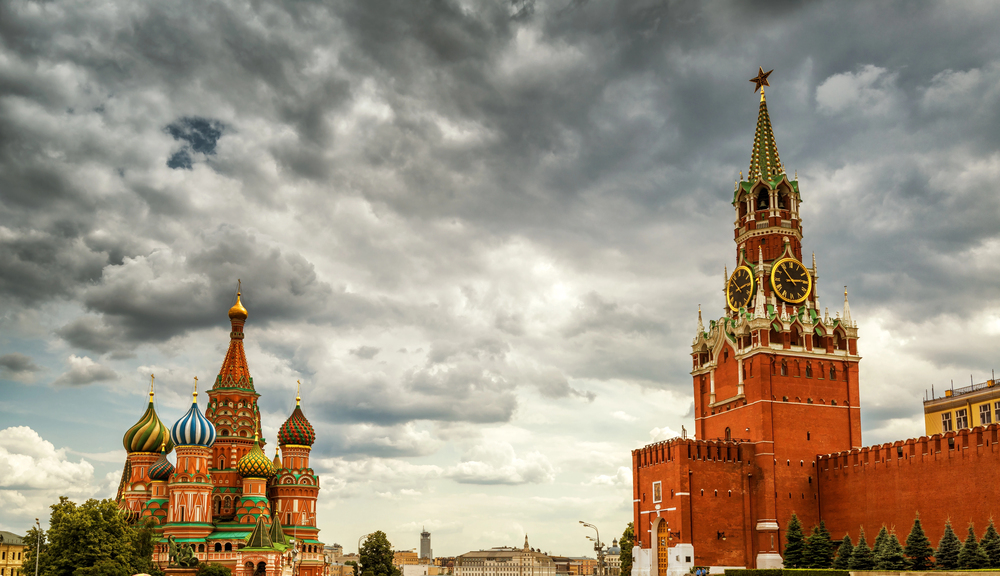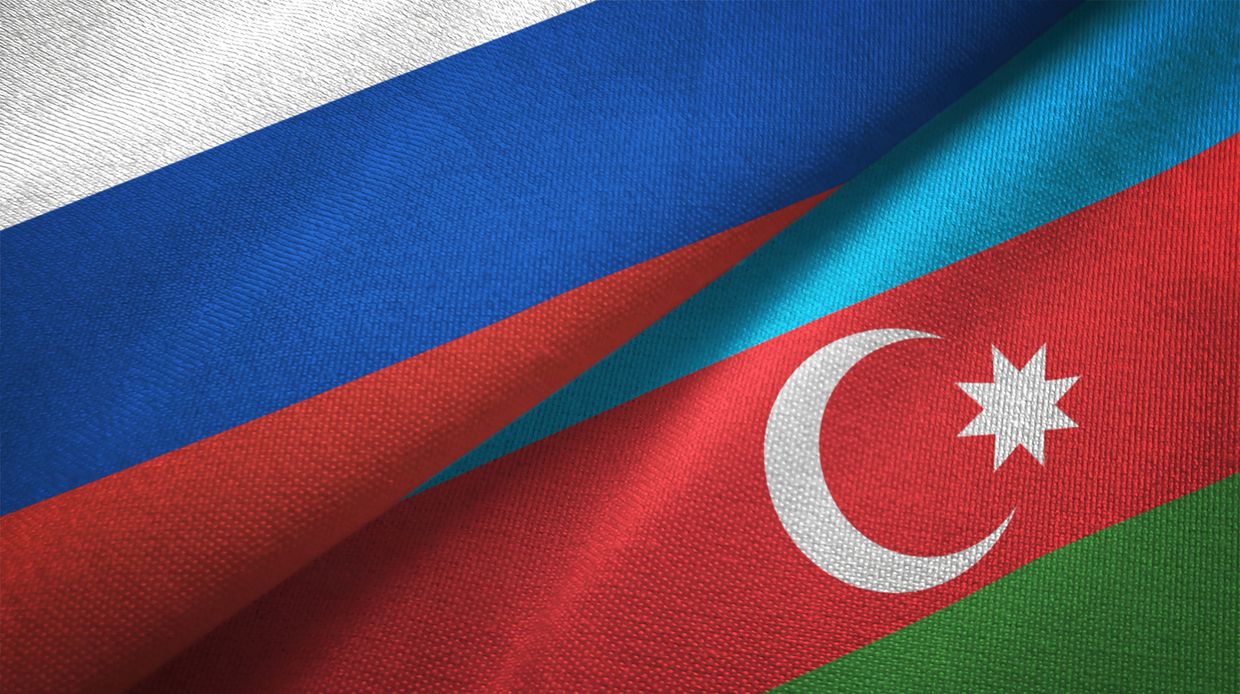Kremlin’s propaganda threatens Azerbaijan with war after Baku sends millions in aid to Ukraine

Russian propaganda threatens Azerbaijan with war over support for Ukraine. Pro-Kremlin media have intensified anti-Baku rhetoric, escalating accusations against the country of being “Western sellouts.”
Ukrainian-Azerbaijani relations significantly improved in 2024–2025 following a series of aggressive actions from Russia. In December 2024, Russian forces shot down an Azerbaijani aircraft near Grozny, killing 38 passengers. Shortly afterward, Russia launched raids on its territory, resulting in the deaths of two Azerbaijani citizens. In response, Baku began openly strengthening ties with Kyiv. During the Soviet era, Armenia, Azerbaijan, and Georgia were under Moscow’s control and subjected to centralized governance.
On 11 August, Azerbaijani President Ilham Aliyev signed a decree allocating $2 million in humanitarian aid to Ukraine following Russian strikes on the state-owned SOCAR’s oil depot in Odesa Oblast and a gas compressor station that transports Azerbaijani gas to Ukraine.
The funds will be used to purchase electrical equipment for Ukraine.
“The Russian propaganda has launched a new wave of harsh anti-Azerbaijani rhetoric, ranging from accusations of being ‘Western sellouts’ to direct threats of war,” says the Center for Countering Disinformation under Ukraine’s National Security and Defense Council.
Moscow is losing control over the South Caucasus
As explained by the Center, the Kremlin is increasingly losing influence over Azerbaijan and can no longer impose its political or economic will. Therefore, Kremlin propaganda intensifies pressure through threats and war rhetoric to rally its domestic audience.
“Moscow can no longer dictate its political or economic will to Azerbaijan. Thus, propaganda tries to compensate for the loss of real leverage with threats,” the Center notes.
Azerbaijan strengthens its fight against Russian propaganda
Baku is actively freeing itself from Russian dominance: recently, the “Russkiy Dom” was closed, and the activities of Russian propaganda media have been restricted in the country.
The “Russkiy Dom” in Baku was a Russian information and cultural center functioning as a representative office of the agency engaged in strengthening Russia’s humanitarian influence abroad, in Azerbaijan. The center faced accusations of espionage activities disguised as cultural work.











